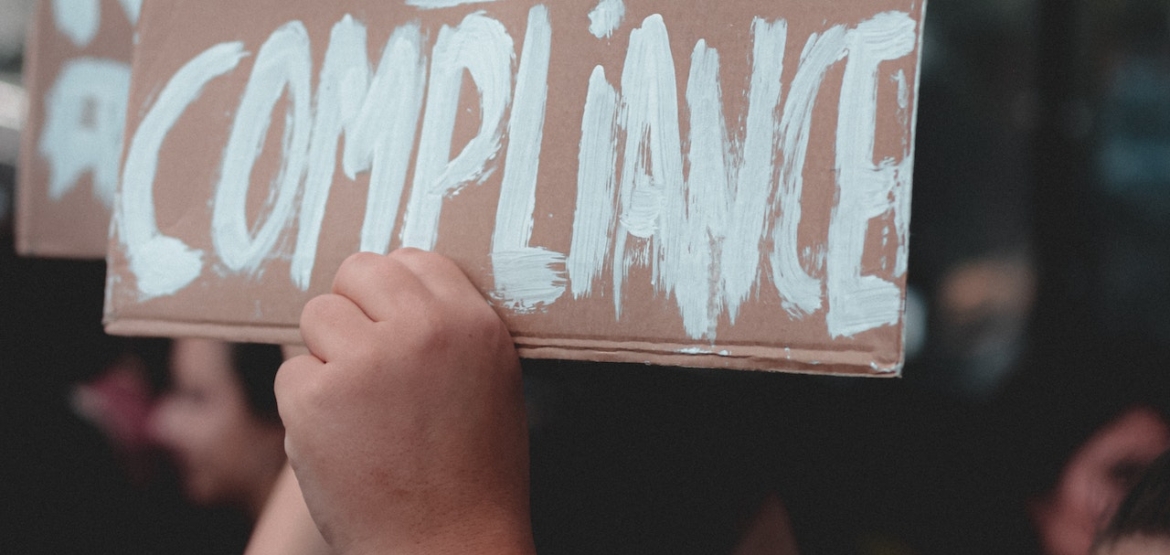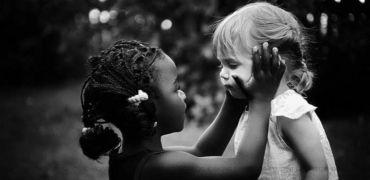The congregation’s theme of the month for April is RESISTANCE.
With all the crises in our world – the war on democracy in Ukraine and in the US House of Representatives, the climate crisis that requires international commitment and cooperation, growing economic uncertainty and widening disparity – it would be easy to equate resistance with protests and picketing.
But resistance has two main faces:
1. Preserving the status quo = resisting change in cultural conventionsand/or individual habits
2. Transforming the status quo = resisting norms and habits on behalf of more peace, justice, and well-being
Resistance is necessary for stability of body, heart, mind, and spirit. Our bodies require homeostasis to stay balanced across all systems. Our minds and brains use homeostasis, habit patterns, for efficiency (so we don’t have to eat 24 hours a day). And homeostasis limits us. For example, if we don’t resist efforts to scare us, we each become an anxious non-presence.
I invite us all to do a Personal Resistance Check-in. Asking ourselves, In what ways am I using resistance for:
1. Preserving the Status Quo, including personal habits that cause me and others suffering?
2. Transforming the Status Quo, on behalf of positive change for me and for others?
Here’s what I uncovered in myself:
Resistance PRESERVING the Status Quo:
– I resist the unknown by escaping into email or text messages
– I resist scheduling time for music, meditating, nature, yoga
– I resist noticing what I feel and what I need (necessary for healthy relationships)
– I resist prioritizing downtime
– I resist scheduling time for integrating and reflecting after meetings, programs, conversations.
Resistance TRANSFORMING the Status Quo:
– I resist taking on the meanness of the system around me
– I resist “othering”
– I resist cynicism and pessimism about our world situation
– I resist the cultural norm against talking about grief, death and dying
– I resist my habit of Doing over Being
– I resist denial about the risk facing democracy
I’m a slow learner. But I’m a learner. I take heart in the neuro-science of change: Resisting and changing habits takes persistence and happens slowly. It changes our brains, our minds, and our lives.
Collectively resisting conventions and habits that cause suffering and injustice can change the world. We’re slow learners. But we’re learners.
Dancing with you in resistance,
Rev. Mary




